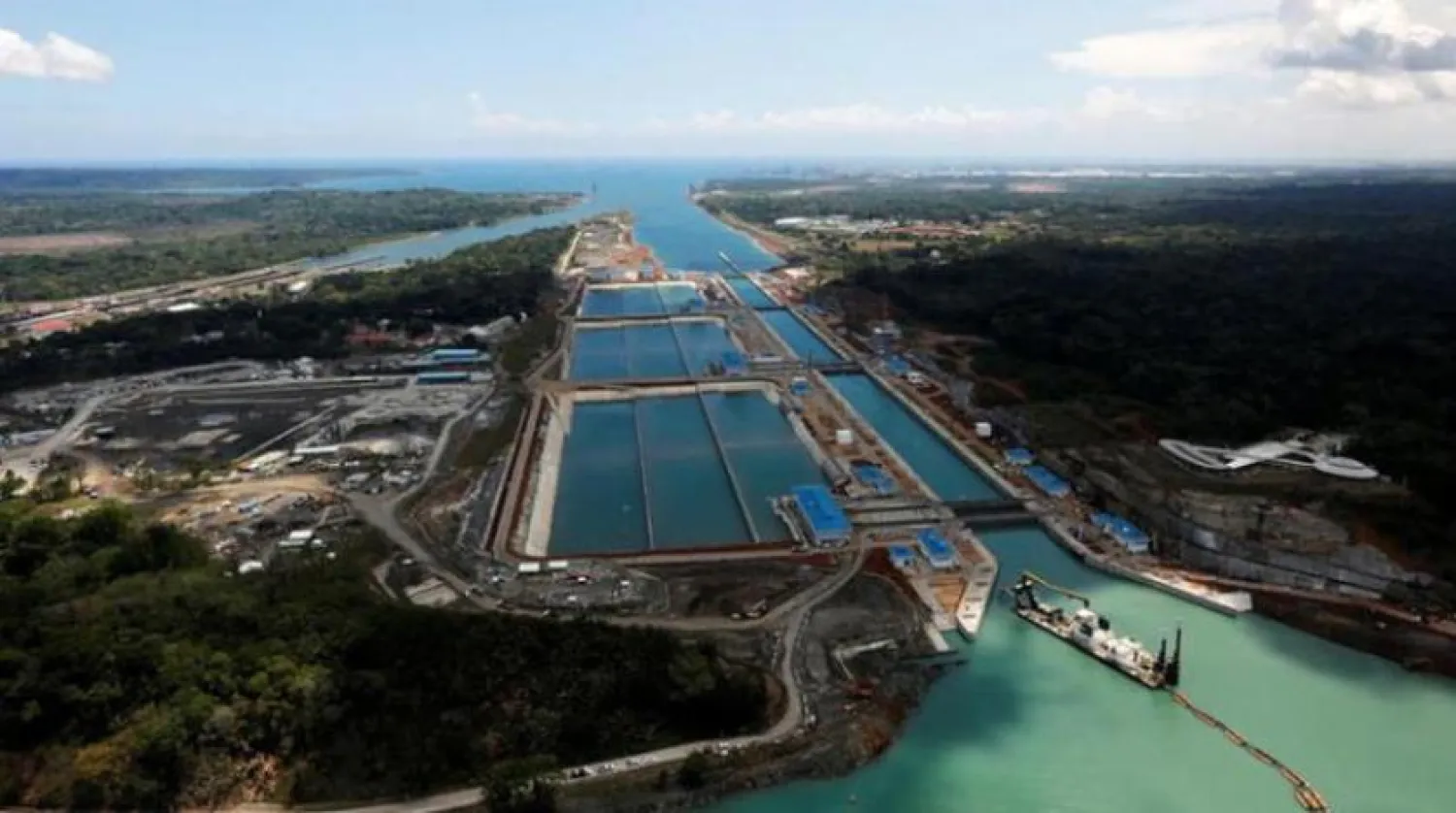Iranian naval ships will be allowed to sail through the Panama Canal as long as they abide by international norms, Panamanian authorities said Tuesday following reports that Tehran was sending vessels to the strategic waterway.
Any Iranian military presence in the Canal would anger the United States, which built the channel linking the Atlantic and Pacific oceans at the beginning of the 20th century, and Washington has warned that it is closely monitoring Tehran’s activity in the Western Hemisphere.
Citing a 1977 international treaty, which handed control of the canal to Panama and established its neutral status, the Panama Canal said the waterway must “remain safe and open for the peaceful transit,” provided that ships abide by global safety norms, pay tolls and not commit any hostile acts, according to AFP.
“Based on the aforementioned regulations, the Panama Canal Authority has the obligation to allow the passage of any vessel that meets all these requirements,” the agency said in a statement.
Local media have been reporting on the imminent arrival of Iranian Navy ships.
The newspaper La Estrella de Panama wrote on January 13 that Tehran plans to position its warships in the Panama Canal as it seeks to boost its presence in Latin America.
Former Florida governor Jeb Bush added fuel to the fire when, in a Washington Post column on January 16, he accused Panama of helping Iran evade Western oil sanctions.
“Without Panama’s support, the Iranian regime would face significant hurdles in smuggling its oil and gas around the world,” wrote Bush, who is the brother and son of two American presidents.
Last week, US State Department spokesman Vedant Patel said Washington is keeping a close eye on Tehran’s naval activities in the Western Hemisphere.
“We continue to have a number of tools in our tool belt available to hold the Iranian regime accountable,” Patel told reporters.
The United States completed the canal in 1914 and opened military bases to protect it.
The 1977 treaty paved the way for the handover of the canal to Panama on December 31, 1999.
More than 14,000 vessels went through the 80-kilometer waterway in 2022, according to the Panama Canal Authority. The canal accounts for five percent of world maritime trade.









